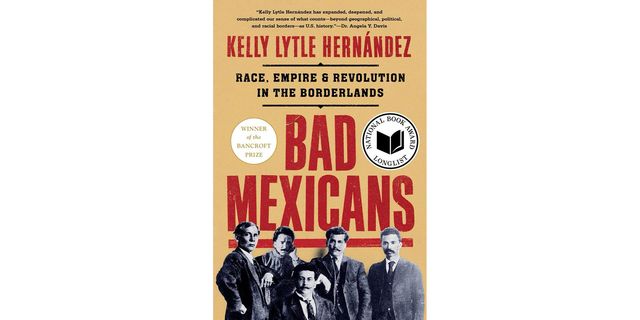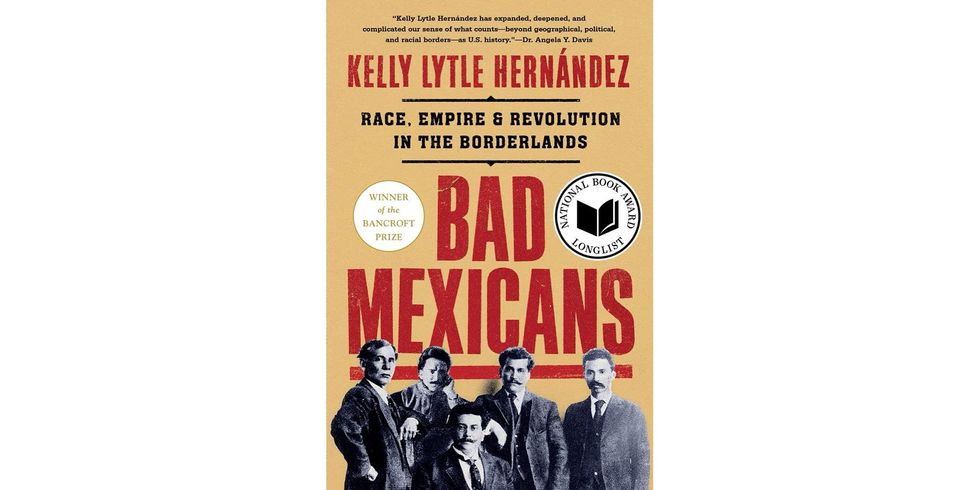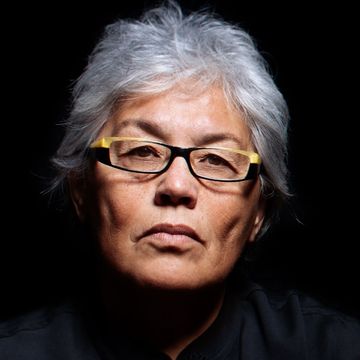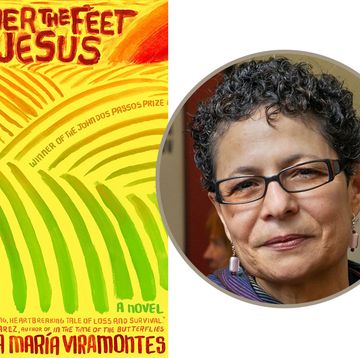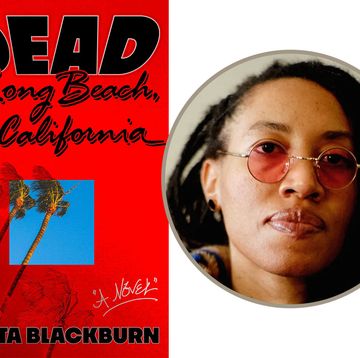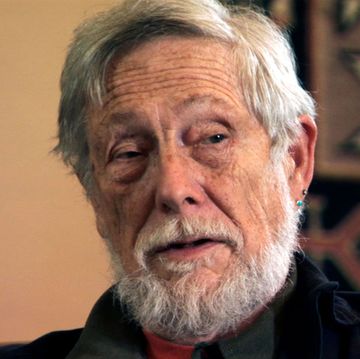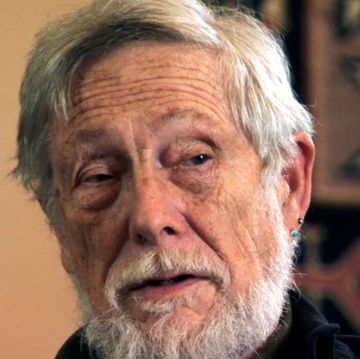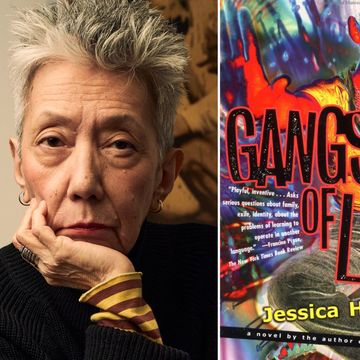Kelly Lytle Hernández’s Bad Mexicans: Race, Empire, and Revolution in the Borderlands is a piece of singular scholarship. At its center is the story of the magonistas, a resistance movement with roots in the United States that played an influential role in the Mexican Revolution, which lasted from approximately 1910 to 1917. (The book’s title comes from then-president Porfirio Díaz, who referred to the movement as “malos Mexicanos.”) This is history as narrative, beginning with the lynching of a Mexican migrant worker in the town of Rocksprings, Texas, which triggered protests across the border and helped precipitate what was to come.
This article appears in Issue 24 of Alta Journal.
SUBSCRIBE
For Hernández, who holds the Thomas E. Lifka Endowed Chair in History and African American Studies at UCLA and received a 2019 MacArthur “genius” grant, this is the whole idea: to explore the narratives we think we understand and refract them through a broader lens. Bad Mexicans, which came out last year, is a case in point. It’s not that the book uncovers new material, exactly: “Many Mexican scholars,” Hernández told the Los Angeles Times, “acknowledge the murder…as a precursor to the revolution.” In the United States, however, these acknowledgments have long been overlooked.
What we are encountering, in other words, is not so much revisionist history as history revised.
Such a revision represents an indispensable updating. History, after all, is dynamic. It grows more expansive each time we widen the aperture. All the same, Hernández addresses the region as it exists now, when the border has become an ongoing flash point—reflecting this country’s tortuous record on immigration and race. In Bad Mexicans, she argues that Mexico and the United States have been enmeshed for so long that their border is a fulcrum rather than a divide.
“For generations,” Hernández writes, “since before the Mexican-American War (1846–48), dating back to the U.S. acquisition of Tejas (Texas), Mexicans had resisted Anglo-American incursions on their lands and lives.” That resistance only grew as the revolution began, with the magonistas operating out of California and Texas, and U.S. interests supporting Díaz, who had allowed them to take over Mexican industries.
In Bad Mexicans, Hernández reframes a story that has been told incompletely and reveals its complexities. Her purpose is to get things right, but also to give space and agency to the many necessary voices and experiences that have been marginalized. “What if you put in every child a sense of ownership and entitlement,” she said to the Los Angeles Times in 2022, “and I mean the beautiful type, the one that makes you say, ‘I’m a piece of this.’ What happens then? I am hopeful that if we continue to do this work as cultural workers, historians and teachers, we can help more generations to feel and know their story. That’s a power. It’s not everything, but it’s something that every child should have, access to the stories about how they fit.”•
